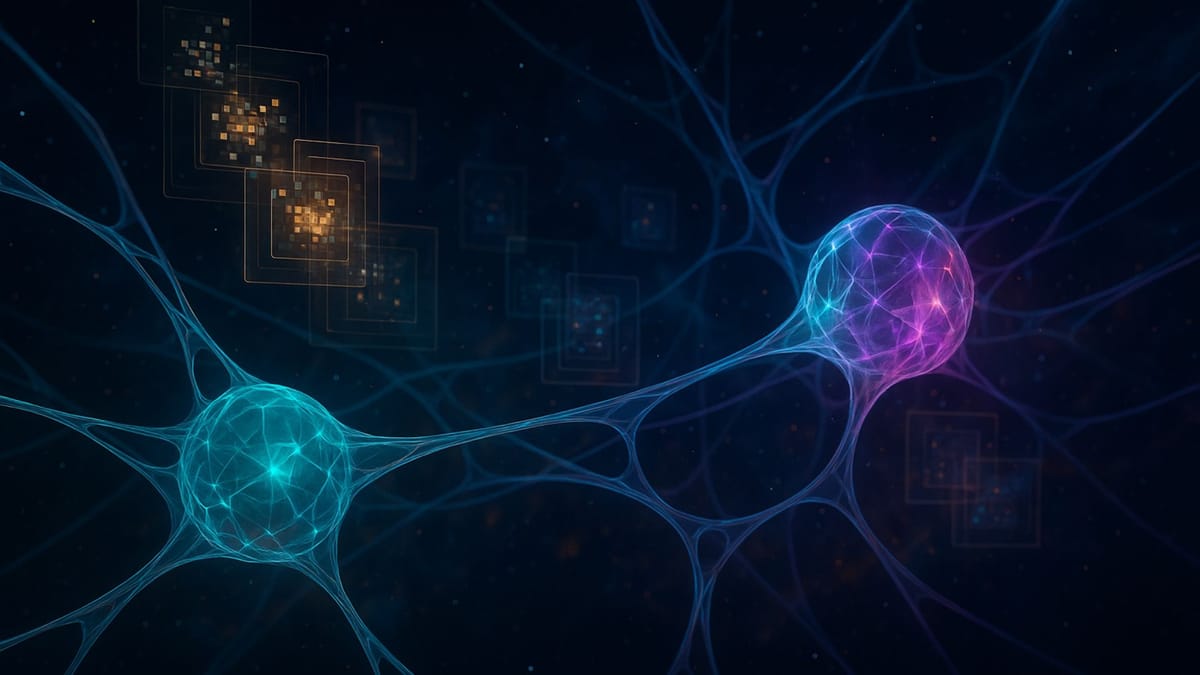Microsoft Shifts AI Strategy to Emotional Intelligence, Moving Beyond Technical Capabilities

Microsoft is deliberately pivoting from pure technical intelligence to emotional intelligence in its AI strategy, positioning the company to differentiate in an increasingly competitive AI assistant market, according to Microsoft AI CEO Mustafa Suleyman.
End of Miles reports this strategic shift comes as Microsoft aims to transform its Copilot AI from a tool to a companion that adapts to individual users, remembers past interactions, and develops a relationship-like dynamic with users over time.
From IQ to EQ: The New AI Battleground
"We're actually transitioning from the end of the first phase of this new era of intelligence into the very beginning of the next phase," Suleyman explained. "Over the last couple of years we've all been blown away by the basic factual succinct Q&A style responses that these chatbots give us... You can think of that as its IQ, its basic smarts."
But according to Suleyman, early adopters focused heavily on technical capabilities like mathematical accuracy and coding skills will give way to broader consumer adoption driven by different priorities.
"The majority of consumers really care about its tone. They care: is it polite and respectful? Is it occasionally funny in the right moments? Does it remember not just my name but how to pronounce my name, and when I correct it does it remember that correction?" Mustafa Suleyman, CEO of Microsoft AI
Memory as the Foundation of AI Relationships
The Microsoft AI chief described ongoing memory as a fundamental feature that will transform how users interact with AI assistants. The company is deploying systems that remember significant personal details users have previously shared, from family composition to educational background.
"Although it won't be absolutely perfect, it really will be quite a different experience," the DeepMind co-founder noted. "It's the number one feature that's going to unlock a really different type of use because every time you go to it, you'll know that the investment that you made in the last session isn't wasted."
This persistent memory enables more natural, human-like interactions that build upon previous conversations, creating what Suleyman describes as a "lasting meaningful relationship" with the AI companion.
Personality Engineering: Microsoft's New Core Competency
Perhaps most revealing in Suleyman's perspective is his redefinition of Microsoft's role in creating these AI systems.
"We are actually personality engineers. We're no longer just engineering pixels. We're engineering tokens that create feelings that create lasting meaningful relationships." Suleyman on Microsoft's evolving design priorities
This shift extends beyond simple feature updates to a fundamentally different product design philosophy. The Microsoft executive emphasized that the company's AI assistants are being engineered as companions rather than tools, a crucial distinction in how they are developed and presented to users.
"A tool is something that does exactly what you intend, what you direct it to, whereas an AI companion is going to have a much richer, more emergent dynamic interactive style," he said. "It will change every time you interact with it."
Setting New Expectations for AI Adoption
For the broader AI industry, Microsoft's emphasis on emotional intelligence signals a maturing market where technical capabilities alone no longer provide sufficient differentiation. As foundation models become increasingly similar in their raw capabilities, the ability to create engaging, personalized experiences may determine which AI assistants ultimately succeed with mainstream users.
The AI leader confirmed that Microsoft is already seeing these emotional connections form through regular user research. He shared an example of a 67-year-old user who relied on Copilot to guide her through home repairs, repeatedly consulting the AI when faced with challenges.
"It sounds mundane but it's actually quite profound," the technology executive reflected. "People are relying on Copilot every day to help them feel unblocked."
With major AI competitors like OpenAI, Google, and Anthropic racing to perfect similar assistants, Microsoft's bet on personality engineering and emotional adaptability provides a glimpse into how the next generation of AI tools will compete for user attention and loyalty in an increasingly crowded market.





